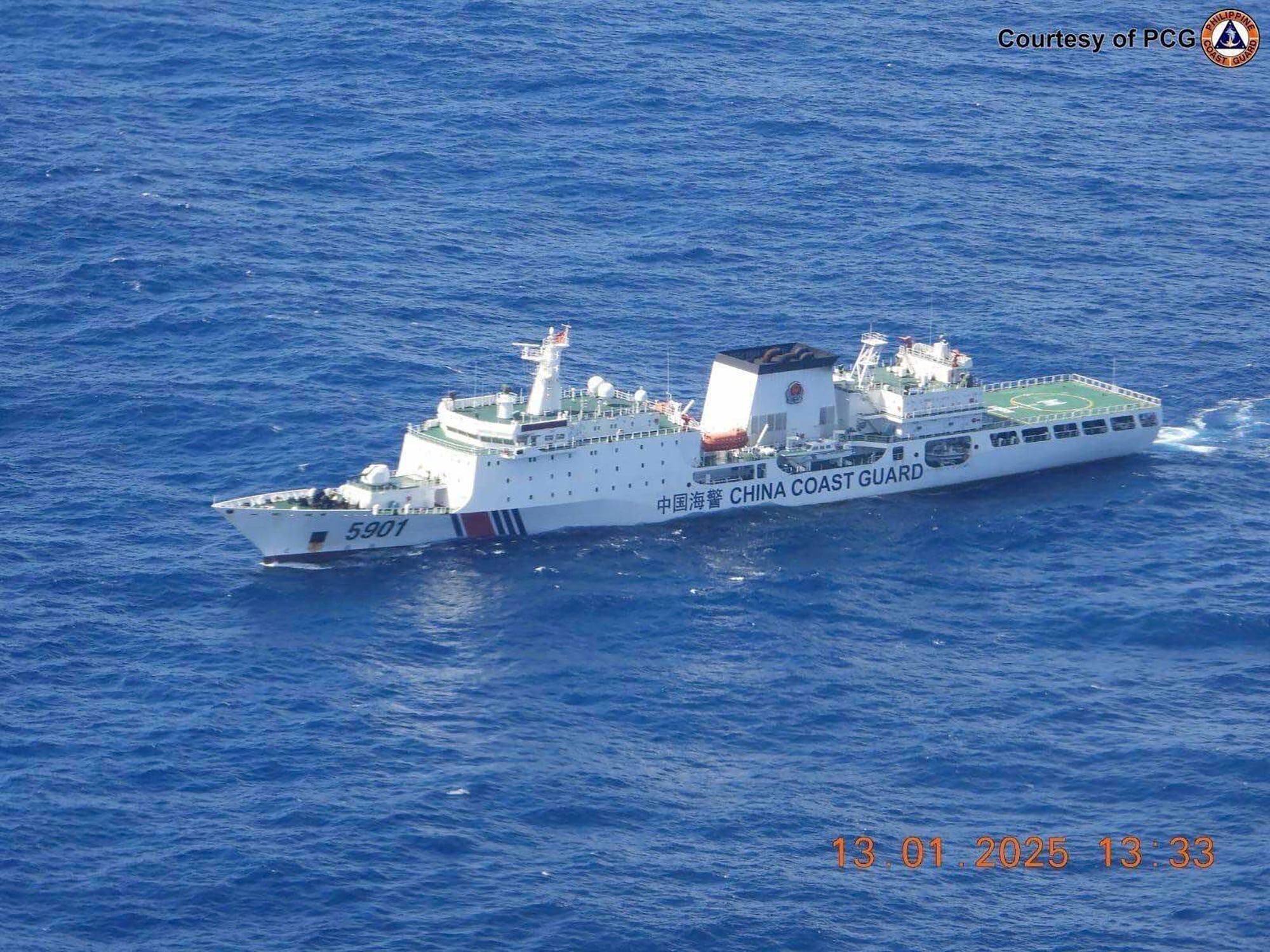
The South China Sea continues to be a focal point of escalating tensions between the Philippines and China. Recent actions by the Chinese Coast Guard have prompted strong condemnation from Manila, leading to increased concerns about potential conflict. A significant incident occurred when a large Chinese Coast Guard vessel, estimated at 541 feet in length, patrolled the Scarborough Shoal and then approached the Philippine coast to within 77 nautical miles. This proximity sparked an immediate response from the Philippines.
Philippine Response and International Law
Philippine officials, including Assistant Director-General of the National Security Council Jonathan Malaya, described the Chinese actions as unacceptable and demanded the immediate withdrawal of the vessel. Malaya stated that China’s actions are “pushing us to the wall” and emphasized that the Philippines will not back down from its assertion of its territorial rights. Two Philippine Coast Guard vessels, supported by a surveillance aircraft, actively challenged the presence of the Chinese ship within what the Philippines considers its exclusive economic zone (EEZ), a 200-nautical-mile stretch of water. Commodore Jay Tarriela of the Philippine Coast Guard highlighted the ongoing daily efforts to challenge China’s actions and make them known to the international community.
China’s Justification and Diplomatic Responses
China, through Foreign Ministry spokesperson Guo Jiakun, maintained its claim of sovereignty over the South China Sea. The Chinese government characterized its coast guard patrols as lawful and justified and urged the Philippines to cease what it considers to be provocative actions. China has consistently accused the Philippines and other claimant states, such as Vietnam and Malaysia, of encroaching upon its claimed territories.
Legal Precedents and Future Actions
Security Alliances and Regional Implications
The recent events underscore the heightened tensions in the region and highlight the Philippines’ efforts to strengthen its security posture. Under President Ferdinand Marcos Jr., the Philippines has actively pursued closer security ties with other countries. This includes a significant agreement with Japan that, upon ratification, would allow for joint combat training. The agreement is a significant development, marking the first such pact for Japan in Asia. The increasingly assertive actions by China in the South China Sea have prompted the Philippines to diversify its alliances to counter what it perceives as an imbalance of power. The ongoing dispute raises concerns about potential escalation and the involvement of other regional and global powers, including the United States, a long-time treaty ally of the Philippines.
Bilateral Consultations and Path Forward
Despite the heightened tensions, both the Philippines and China continue to engage in bilateral consultations aimed at de-escalating the situation. The next round of these talks is to be hosted by China. The success of these discussions will be crucial in determining the trajectory of relations between the two countries and the future stability of the South China Sea. The continuing disagreement over the interpretation and implementation of international law, coupled with the strategic importance of the region, indicates that the South China Sea will remain a significant area of focus in international relations for the foreseeable future.
